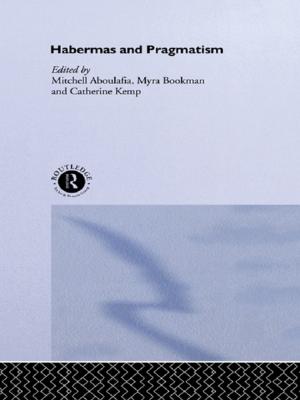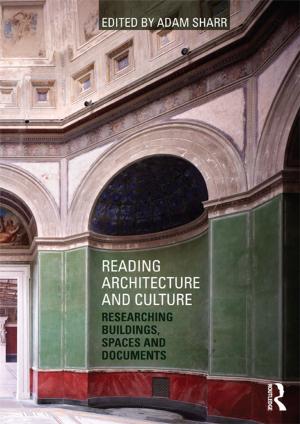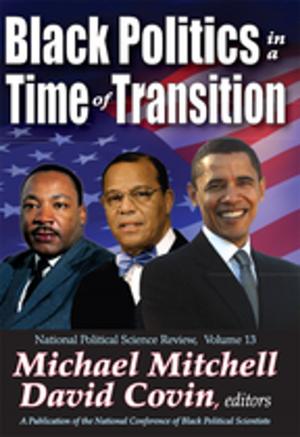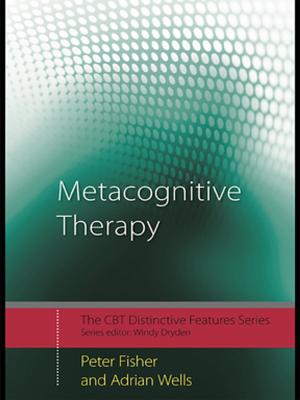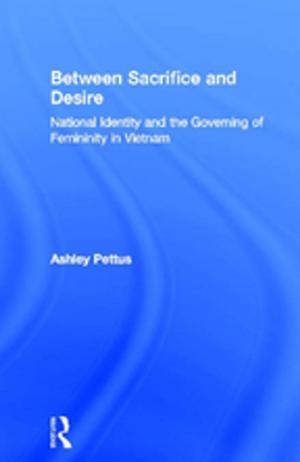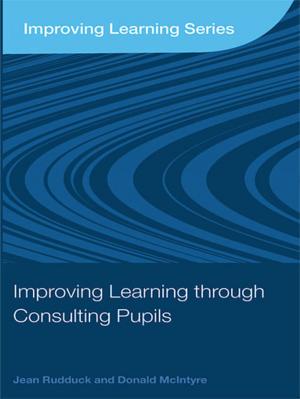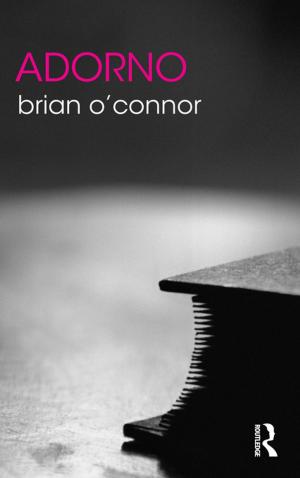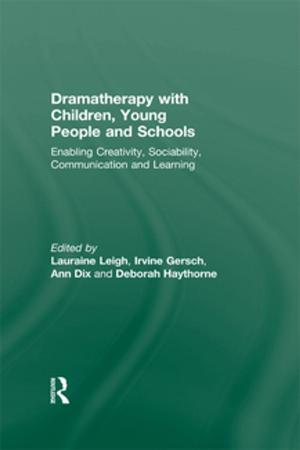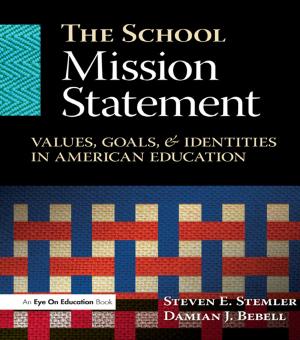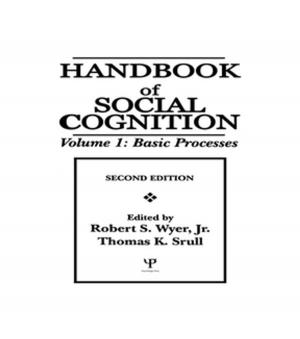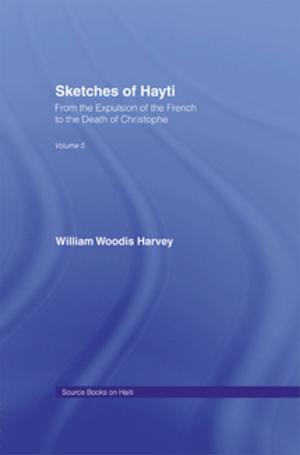The Ties that Bind
Essays in Medieval British History in Honor of Barbara Hanawalt
Nonfiction, History, Medieval| Author: | Katherine L. French, Douglas L. Biggs | ISBN: | 9781317013891 |
| Publisher: | Taylor and Francis | Publication: | February 17, 2016 |
| Imprint: | Routledge | Language: | English |
| Author: | Katherine L. French, Douglas L. Biggs |
| ISBN: | 9781317013891 |
| Publisher: | Taylor and Francis |
| Publication: | February 17, 2016 |
| Imprint: | Routledge |
| Language: | English |
This collection of essays, whose title echoes that of her most well-known book, celebrates the career of Barbara A. Hanawalt, emerita George III Professor of British Studies at The Ohio State University. The volume's contents -- ranging from politics to family histories, from intimate portraits to extensive prosopographies -- are authored by both former students and career-long colleagues and friends, and reflect the wide range of topics on which Professor Hanawalt has written as well as her varied methodological approaches and disciplinary interests. The essays also mirror the variety of sources Professor Hanawalt has utilized in her work: public documents of the law courts and chancery; private deeds, charters, and wills; works of both religious and secular literature. The collection not only illustrates and reinforces the influence of Barbara Hanawalt's work on modern-day medieval studies, it is also a testament to her inspiring friendship and guidance during a career that has now spanned more than three decades.
This collection of essays, whose title echoes that of her most well-known book, celebrates the career of Barbara A. Hanawalt, emerita George III Professor of British Studies at The Ohio State University. The volume's contents -- ranging from politics to family histories, from intimate portraits to extensive prosopographies -- are authored by both former students and career-long colleagues and friends, and reflect the wide range of topics on which Professor Hanawalt has written as well as her varied methodological approaches and disciplinary interests. The essays also mirror the variety of sources Professor Hanawalt has utilized in her work: public documents of the law courts and chancery; private deeds, charters, and wills; works of both religious and secular literature. The collection not only illustrates and reinforces the influence of Barbara Hanawalt's work on modern-day medieval studies, it is also a testament to her inspiring friendship and guidance during a career that has now spanned more than three decades.

